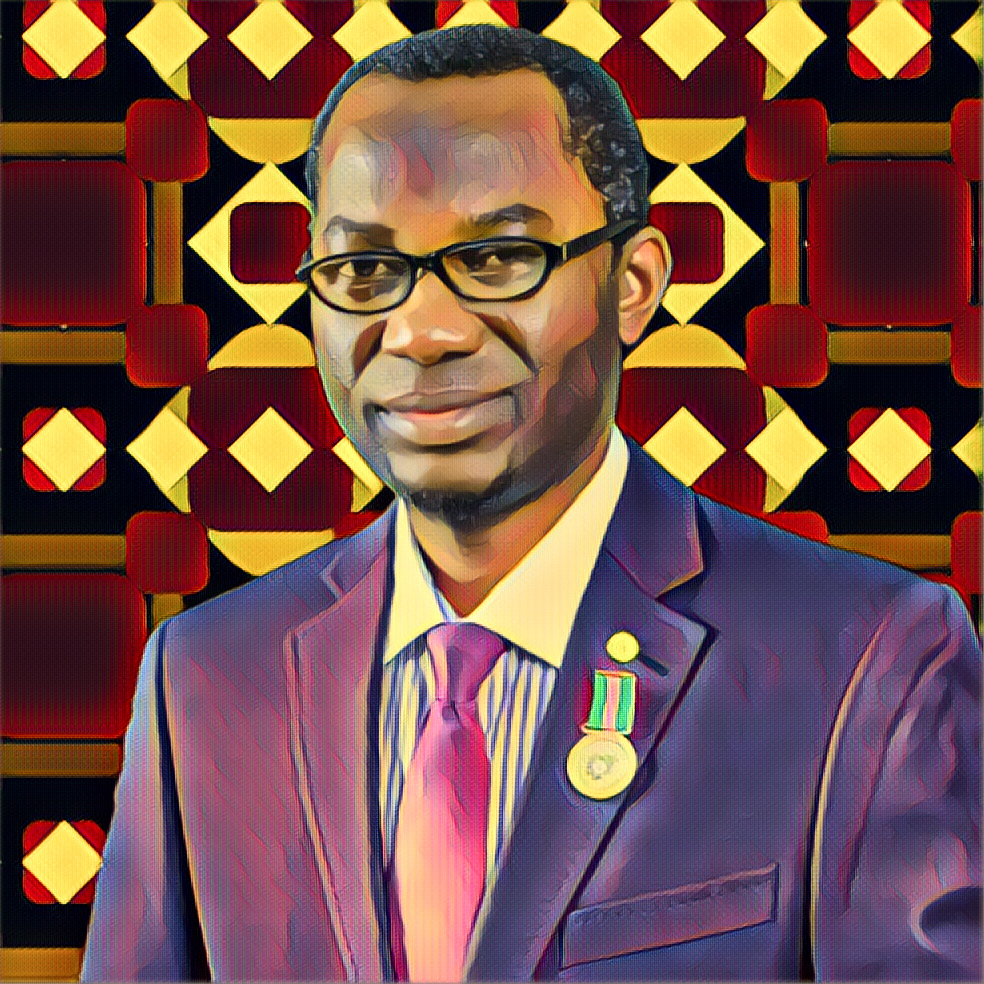In a striking development impacting Nigeria’s healthcare system, a significant number of medical professionals are migrating to countries like the United Kingdom, United States, United Arab Emirates, and various European nations. This trend, largely attributed to substandard working conditions, has exacerbated Nigeria’s healthcare challenges, particularly in terms of professional shortages and facility deficits.
A recent public lecture by the Edo Council of the Nigerian Union of Journalists highlighted this pressing issue. The World Medical Association’s President, Osahon Enabulele, disclosed a startling deficit of 250,000 doctors, starkly contrasting with the current workforce of 100,000. This number falls alarmingly short of the World Health Organisation’s recommended doctor-to-patient ratio.
Healthcare experts in Nigeria point out the daunting challenge of addressing this shortage amid ongoing brain drain. Estimates suggest a requirement of 20 years to produce an adequate number of health workers, 400,000, to meet the needs of Nigeria’s vast population of 220 million.
The Guardian‘s investigation reveals the dire state of healthcare facilities and their impact on patients. One accident victim, Abolaji Emmanuel, recounted a near-fatal delay in treatment due to overwhelmed medical staff. Another patient, Pelumi Akinbode, faced a two-day wait for medical attention, a testament to the crippling staff shortage.
The issue resonates deeply with the doctors themselves. A Lagos University Teaching Hospital (LUTH) doctor, preferring anonymity, spoke of the severe strain on healthcare services due to the dwindling number of medical professionals. The burden falls on the remaining staff, compromising the quality of care.
Another doctor, Dr. Olajide Jide of Isolo General Hospital’s Disease Control Unit, lamented the undervaluation of the medical profession in Nigeria, contrasting it starkly with political roles, as reported by The Guardian. The migration of doctors, he noted, is driven by a quest for better remuneration and working conditions.
The crisis calls for urgent governmental intervention. Improving remuneration, working conditions, and incentivizing the return of medical professionals are imperative steps towards addressing this healthcare emergency.


